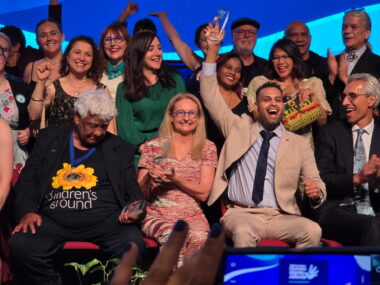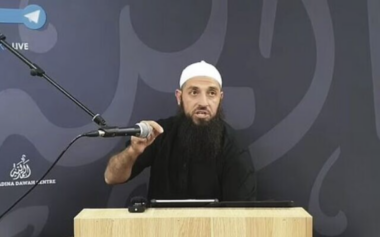French President Emmanuel Macron has called a snap election in France after heavy losses in his party to the far-right National Rally party in the country's EU election. A Monash expert is available to comment on the election and its implications in France, Europe and beyond.
Associate Professor Ben Wellings, Politics and International Relations
Contact details: +61 421 470 181 or [email protected]
Read more of Associate Professor Wellings’ commentary at Monash Lens
“Radical-right populist parties have made political gains at the expense of green and liberal parties in the elections to the European Parliament. Whilst the centrist parties have retained a majority of seats in the European Parliament, the gains by the radical-right parties cannot be ignored.
“Emmanuel Macron has gambled that calling a snap election may catch Marine Le Pen's Rassmeblement National (National Rally) by surprise, hoping that her radical-right party will not be ready to contest another election. The tactic may backfire given Macron's unstable popularity with the French electorate and the fragmented and divided nature of contemporary French politics.
“If Le Pen's Rassmeblement National (National Rally) were to defeat Macron's Renaissance party in the legislative elections, this would constrain French and EU policy towards Ukraine because, like many other leaders of Europe's radical-right, Le Pen is favourably disposed towards Putin's Russia.
“Although elections to the European Parliament are often used by voters to register discontent with a governing party, the support for the radical-right suggests a steadily growing discontent with the political and economic system in the EU as a whole. As we have seen in Hungary and Poland, these radical right parties pose a threat to the rule of law and contribute to the democratic backsliding observable in states governed by such parties.
“The European Parliament has the world's second largest electorate after India and represents the 448 million citizens of the European Union. Elections to the European parliament are held every five years. They consist of 27 separate national elections. Members of the European parliament (MEPs) are then aggregated into party family groups (centre-right, centre-left, liberal, green, conservative, far right and non-aligned) in the European Parliament that sits in Brussels and Strasbourg.”
For more Monash media stories visit our news & events site: monash.edu/news
For any other topics on which you may be seeking expert comment, contact the Monash University Media Unit on +61 3 9903 4840 or [email protected]


